
From about 1966 onwards, “pop” music magically, almost overnight it seems, turned into “rock” music, and we can all blame Brian Wilson.
Everyone knows 1966 was the year the Beach Boys released the magnificent Pet Sounds (a Beach Boys album in name only, of course; this was Brian’s baby and Brian‘s baby alone), the Beatles released Revolver and Dylan released Blonde On Blonde. All of a sudden this new “rock” music was being taken seriously by critics and fans alike, and albums were no longer simply a collection of singles, but rather singular artistic “statements” worthy of dissection and discussion.
Pet Sounds was actually conceived by it’s author as a serious portrait of a young man’s emotional and physical trials and journeys. Now, whether he succeeded lyrically and thematically is an altogether different discussion, but there is no denying that the album has a certain musical unity connecting the individual songs.
Also, and perhaps most importantly, it inspired Paul McCartney and his cronies to write Sgt. Peppers Lonely Hearts Club Band. Not unlike Pet Sounds, it was a concept album in name only, with only the first two songs (the title track and With A Little Help From My Friends) and the title track ‘reprise’ book ending
10 totally individual and different tracks which had nothing to do with Paul’s original, albeit abandoned, storyline.
But the Beach Boys inspired other bands to take the concept a step further also; the Mothers Of Invention released Freak Out! (a quite inspired and sardonic statement about rock music and the state of America at that time) and The Kinks released Face To Face (Ray Davies’ first real serious and successful attempt at his now commonplace idiosyncratic character studies of ordinary people).
As the 60’s progressed the concepts became tighter and storylines began to come to the forefront, but it wasn’t until the Who released Tommy, according to most critics, that a band successfully composed a complete story based concept album. Everyone knows the storyline, so I won’t bore you with the details, but suffice to say that it’s success was a huge leap forward for the concept album as a viable commodity, and would open the floodgates for the decade known for concept albums, THE 1970‘S!
(Some other concept albums of note from the 1960’s include The Who’s The Who Sell Out and SF Sorrow by the Pretty Things).
Pink Floyd successfully recast itself from a quirky, psychedelic band in the 60’s to a stadium filling MEGA BAND in the 1970’s with a classic stream of concept albums starting with The Dark Side Of The Moon (1973) and ending with their last album, the Final Cut (NOTE: I refuse to acknowledge that Pink Floyd even EXISTED after Roger Waters left the band!).
Aqualung (Jethro Tull), The Lamb Lies Down On Broadway (Genesis), The Rise and Fall Of Ziggy Stardust (Bowie), Eldorado (ELO), Bat Out Of Hell (Meatloaf--ok, this one’s debatable), 2112 (RUSH) and Quadrophenia by the Who, are all pretty good examples of concept albums released in the 70's.
But one cannot talk about concept albums in the 1970’s without mentioning YES. Virtually every one of their albums is considered a concept album, and the most notorious of them all is Tales From Topographic Oceans. Featuring only one “song” per side (albums, kiddies! ask your mommy...), Tales is an overblown pretentious beast of an album, and has been described by some critics as “one of the worst examples of progressive rock's overindulgent nature”.
Even though it was panned by the critics (and many YES fans also, actually), it didn’t kill the concept album. No, that happened at the beginning of the 1980’s, and the band responsible for it‘s demise?
Yep, you guessed it: STYX!
Kilroy Was Here, a science fiction rock opera about a “future where moralists imprison rockers”, and featuring ridiculous visuals (google “KILROY WAS HERE PHOTOS” and try not to laugh your ass off! Go on, give it a go…) was not only a major contributing factor leading to the death of STYX but also led to the concept album being discredited by music fans and critics across the globe.
It wasn’t until the late 1990’s that the concept album made a comeback, scraping and clawing it’s way back to life after almost two decades, and just like we can trace the birth of modern rock concept albums to Brian Wilson, I believe we can blame the resurgence of this genre on Billy Corgan of the Smashing Pumpkins and his Mellon Collie and the Infinite Sadness album. After that album received much critical and popular acclaim, it once again opened up the door for bands such as the Mars Volta, Nine Inch Nails and The Streets to indulge in their pretensions.
So, that being said, what’s your opinion on concept albums? Got any favorites? Think they suck? Love 'em to death? I’d love to hear your thoughts….
2 hours ago





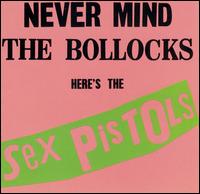



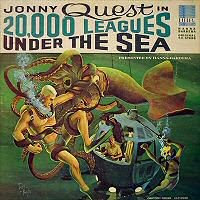






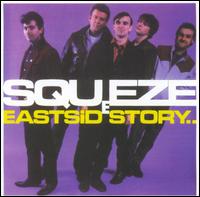





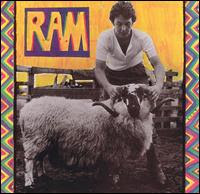




























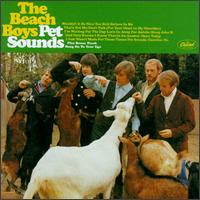





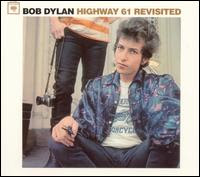




4 comments:
Hey bro, great topic, eh. Just an addition to the Styx kilroy story. He is a part of U.S. war history he started popping up in world war two. www.kilroywashere.org
I wish at this time to admit I was in attendance for the Styx "Kilroy Was Here" tour stop at Toronto's CNE Stadium.
It was a life-changing experience.
Domo arigato, Dennis DeYoung!
For a Candian angle: "Pop Goes The World" by Men Without Hats. A sadly forgotten synth-pop concept album...
OK, I gotta throw one out there that I'll wager hasn't been considered. I really think Willie Nelson's "Red-Headed Stranger" was pretty good -
but, I think the BEST concept album of all-time is Ry Cooder's "Chavez Ravine." His "My Name Is Buddy" will stand the test of time.
Post a Comment